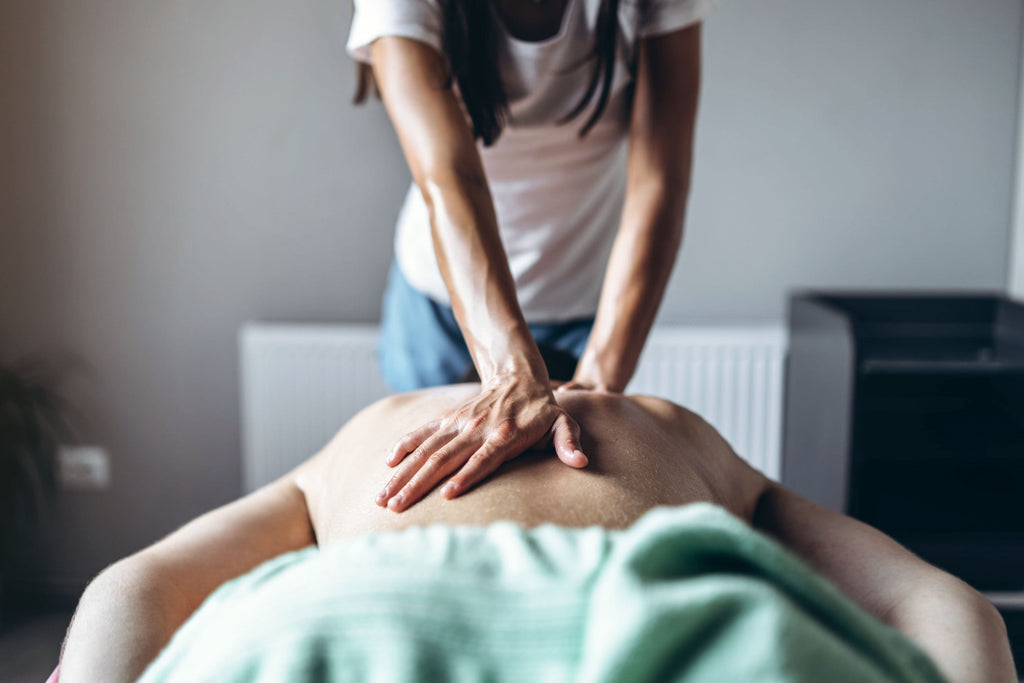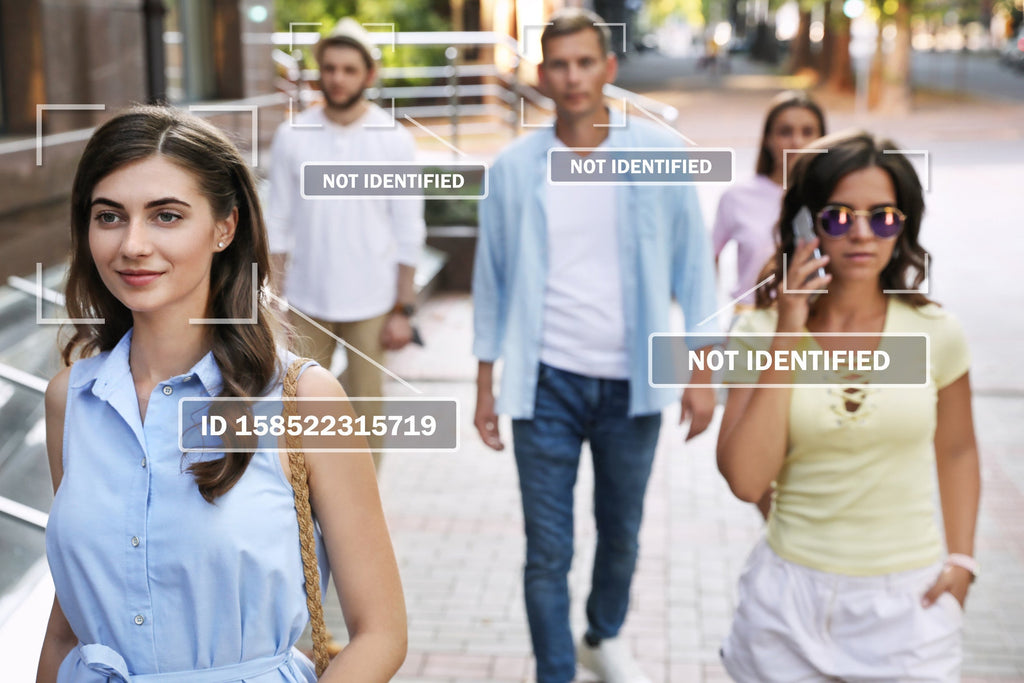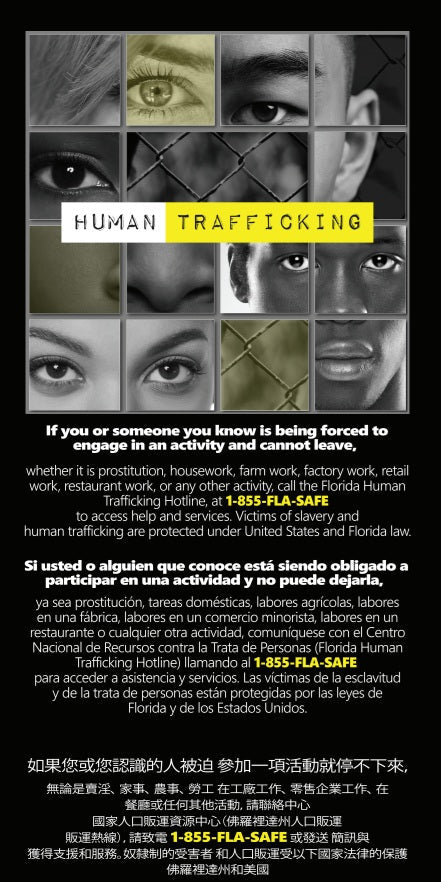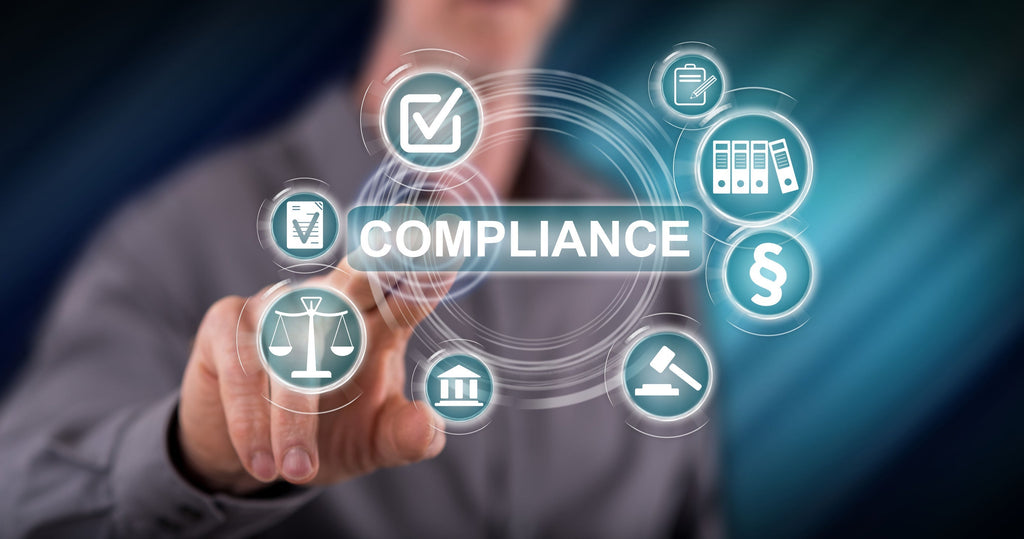by: Selena Belisle, Founder/Instructor, CE Institute LLC
Due to the prevalence of human trafficking in the massage industry, House Bill 197 was enacted to help prevent this atrocious modern day slavery.
HB197 requires that each licensed massage therapist or establishment shall include their license number in any massage therapy service advertisements, including anything on the internet, newspaper, radio, podcast, airwave transmission, phone book and all other advertising mediums.
The advertisement must also include the physical address of the massage establishment and the telephone number that has been provided to the department as part of the licensing of the establishment. An exception to this rule is when the physical address and telephone number are not required for a massage establishment advertisement when the owner operates more than five locations of the same establishment within Florida.
Any advertising that states prostitution services, escort services, or sexual services are available is prohibited, regardless of who posts or publishes the ad.

A person operating a massage establishment may not use or permit the establishment to be used as a principal or temporary domicile for, to shelter or harbor, or as sleeping or napping quarters for any person unless the establishment is zoned for residential use under a local ordinance.
This rule will likely make it more difficult for licensed massage therapists to be able to get an establishment license at their home or a primary residence. It has been common for human traffickers to house their victims by posing them as massage therapists within a licensed massage establishment. These rules exist to help prevent human trafficking, especially when traffickers have their victims working and living in the same place of business.
The State Surgeon General is the government office, or board, which can make a legal determination when safety to the public is jeopardized. A massage establishment that operates in violation of certain laws and rules is declared a nuisance and may be abated or enjoined, in addition to possible criminal charges.
These are just some of the highlights of Florida's House Bill 197 to help prevent trafficking victims with the massage therapy industry. To learn more rules, laws, human trafficking prevention and more, please visit: https://ceinstitute.com/collections/mandatory



















